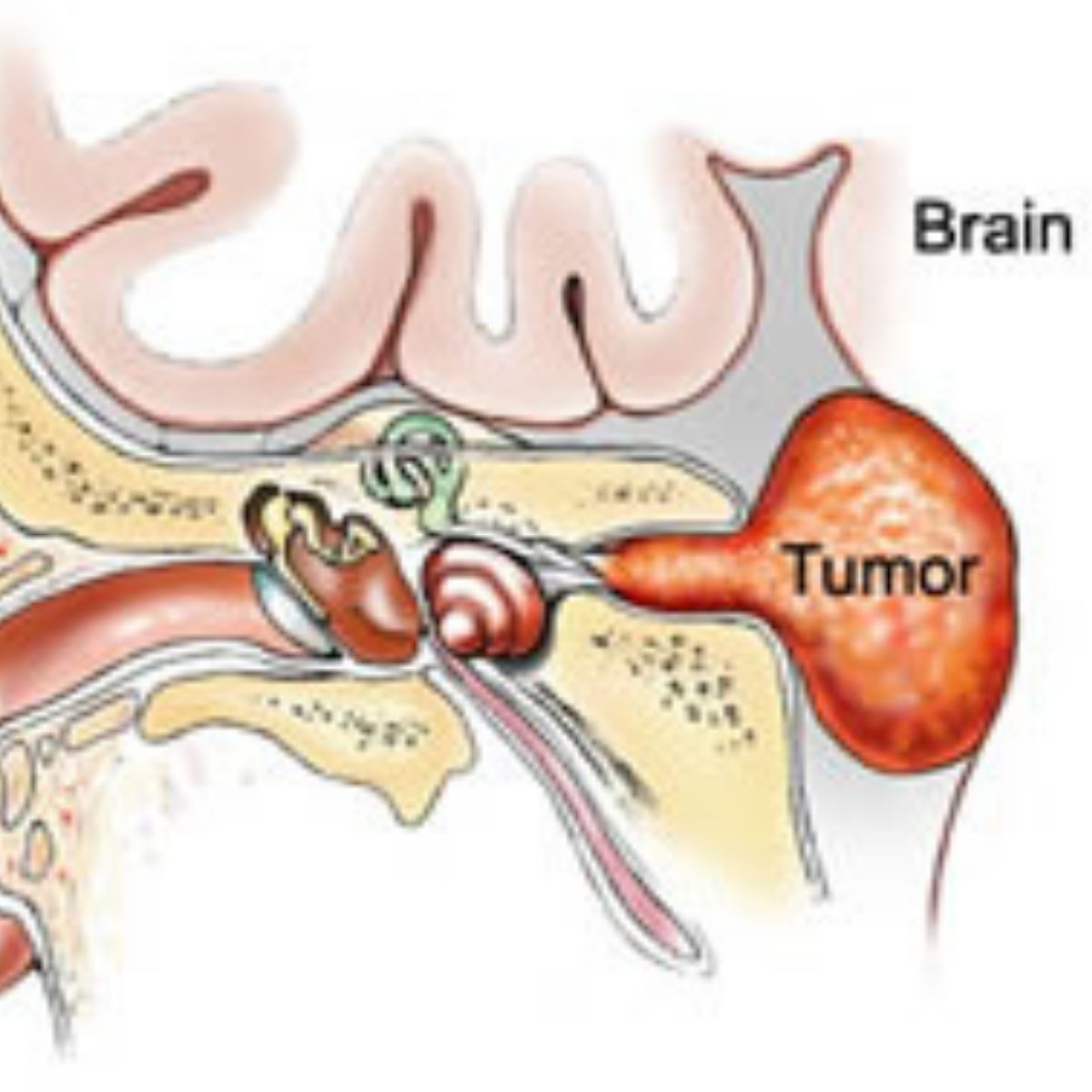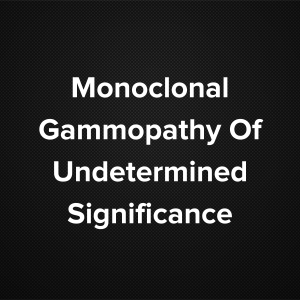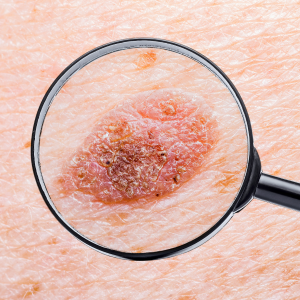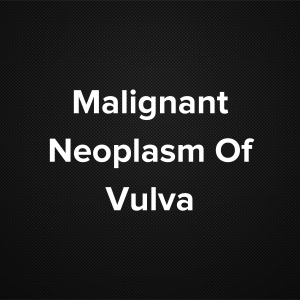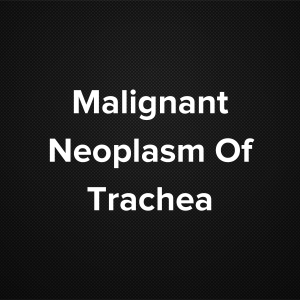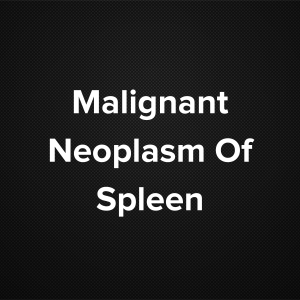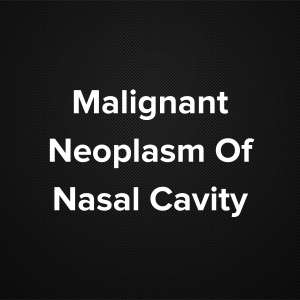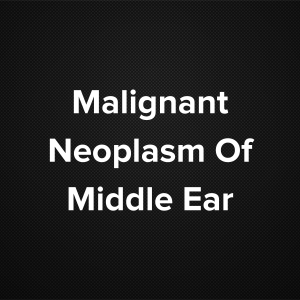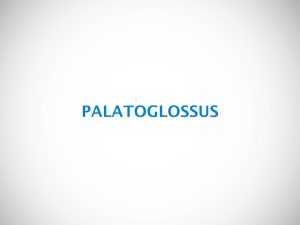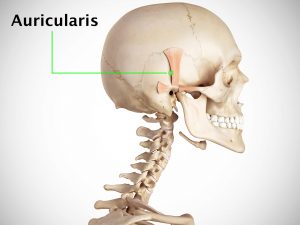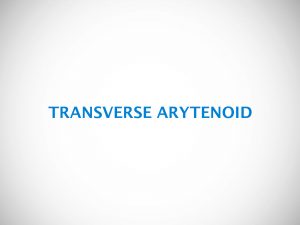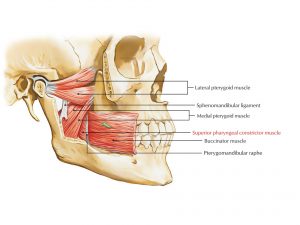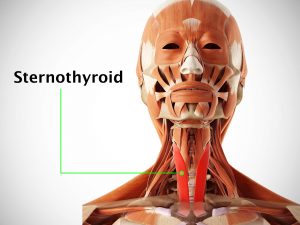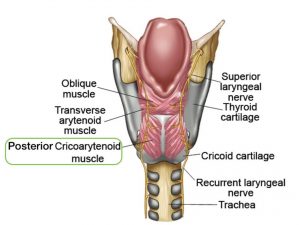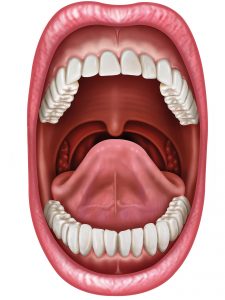Causes and risk factors
The exact cause is unknown. Two forms of acoustic neuroma are found – neurofibromatosis type II [NF2] and sporadic form. NF2 is an inherited disorder. It is found that the tumour is caused due to defective gene on chromosome 22. The defective protein produced by the gene is called merlin or schwannomin. Cause of sporadic neuroma is not certain. It accounts for the majority of acoustic neuroma. Most of the patients do not have any apparent risk factors. Definitive environmental risk factor includes exposure to high-dose ionizing radiation.
Clinical presentation
Signs and symptoms arise due to the compression caused by the tumour on adjacent nerves, blood vessels or other structures. Clinical features vary depending on the size and location of the tumour. This tumour is slow growing and symptoms start mostly after 30 years of age. Common symptoms include vertigo or abnormal whirling sensation. Hearing loss in the affected ear, tinnitus or ringing in the ear on affected side is experienced. Less common symptoms include dizziness, headache after waking up from sleep and increased after lying down, standing, coughing, sneezing, straining, or lifting. Associated symptoms like with nausea or vomiting, loss of balance, numbness in the face or one ear, facial pain along with affected ear, drooping of one side of the face, temporary vision abnormalities, dilated pupil of one eye, may be present.
Investigation
Medical history by the patient and Clinical examination by the doctor helps in diagnosis. Audiometry is advised. Imaging studies such as MRI of the head, CT scan may be useful. Other tests such as Electronystagmography [Test of equilibrium and balance], brainstem auditory evoked response [test of hearing and brainstem function], and caloric stimulation [test for vertigo] helps in further evaluation.
Treatment
No treatment but frequent monitoring is required for patients with small sized tumours. In case of large tumours surgical removal, fractionated Stereotactic radiosurgery may be required. However it can cause post operative complications like nerve damage, loss of balance, hearing loss, tinnitus, headache, and paralysis of the face.
Facts and figures
70 percent of patients with large tumours suffer from some permanent facial weakness post-operative. About 6 percent of all intracranial tumours are acoustic neuroma.
